Navigation auf uzh.ch
Navigation auf uzh.ch

The Swiss 3R Competence Centre (3RCC) funds two pioneering research projects under its Targeted Call 2023 entitled Advancing Responsibility: Reducing Surplus Animals and Promoting Change. This initiative aims to foster innovative strategies to globally address and reduce surplus animals, enhancing the ethical use of animals in research. One of the grants is awarded to Philippe Bugnon from the University of Zurich for his project on “Algorithmic Breeding Planning”.

This year’s awards from the Swiss 3R Competence Centre all go to UZH scientists whose research contributes to replacing, reducing and refining animal experiments.
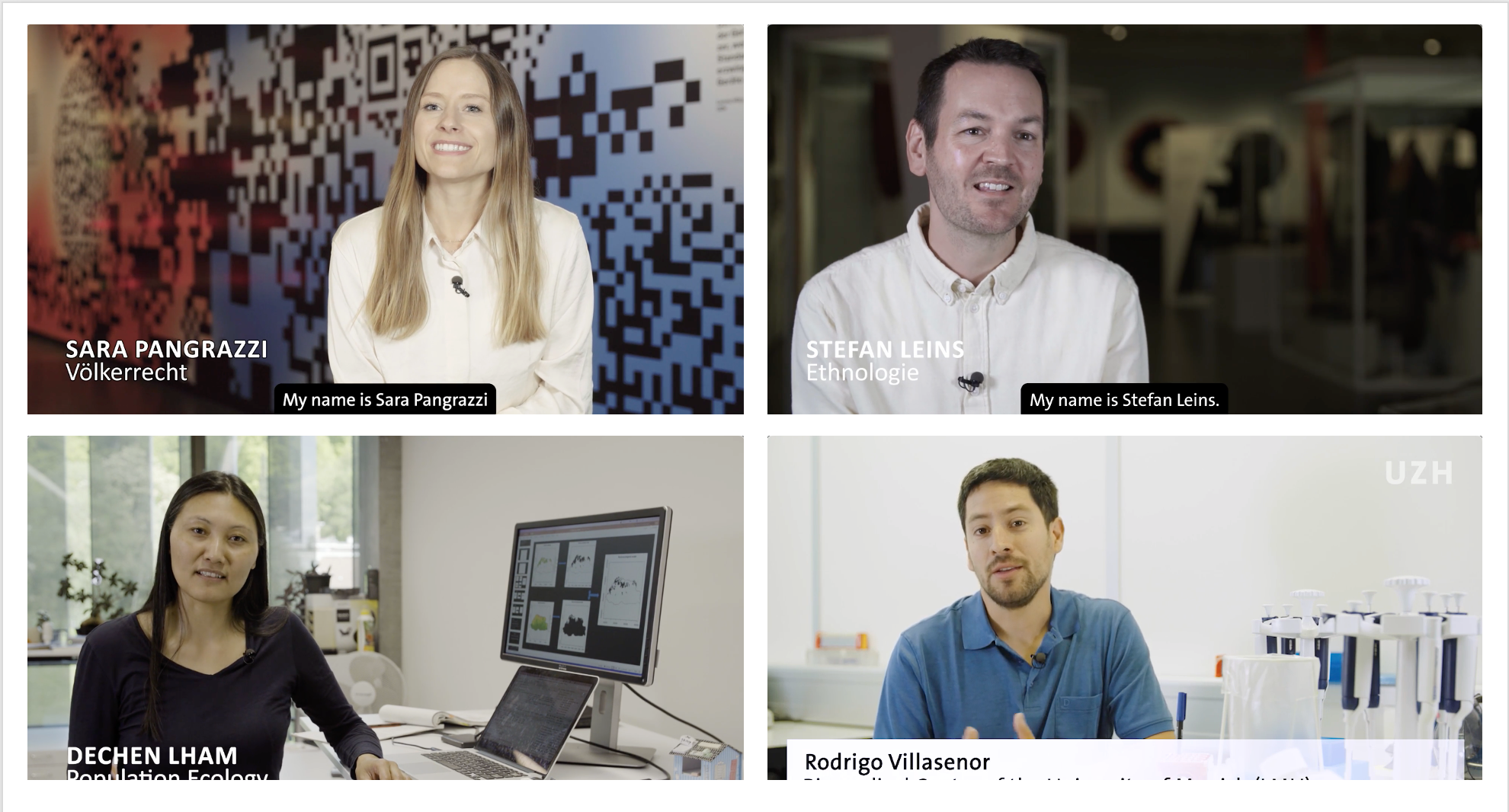
Through funding from the UZH Candoc and Postdoc Grants, the University of Zurich supports its early career researchers. In the 2024 call period, 415 applications (225 candoc, 190 postdoc) were submitted, of which the Research Committee approved a total of 123 - 72 candoc and 51 postdoc projects. This results in a funding rate of 32.0% for the Candoc area and 26.8% for the Postdoc area.

Thursday, 20th June 2024, 6:30 to 8:00pm - live stream
UZH’s University Research Priority Programs tackle pressing societal problems. They enable researchers to apply their expertise in selected research fields and help them develop long-term solutions. The programs of the second series have now concluded, with an event marking the occasion last week.


Tuesday, 28th May 2024, 10:00 Uhr - 11:00, live webinar

SpaceX’s Starship is making waves in the space industry, promising to redefine space travel and commercialization. GZA (Greater Zurich Area) spoke with Professor Oliver Ullrich, a leading figure in aerospace medicine and Director of the UZH Space Hub, to discuss the impact of Starship and the future of space exploration. Professor Ullrich sheds light on SpaceX's innovative development approach, the transformative potential of Starship for economies and industries, and the pivotal role of the Greater Zurich Area in this exciting new era.
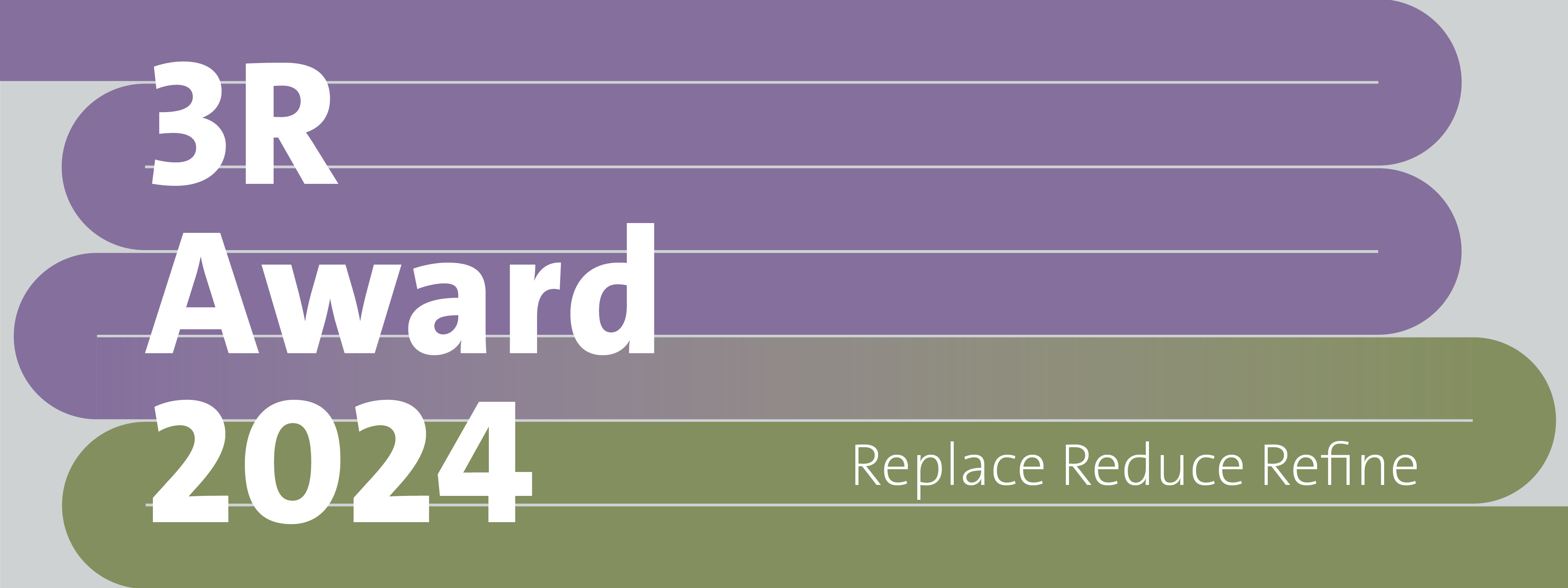
The UZH 3R Award is intended to highlight the efforts and successes of UZH staff in the field of 3Rs (replacement, reduction, refinement of animal use in science and education), both within and outside UZH, and thus promote the 3R principles at UZH.

The SNIS Award 2024 aims to reward the best Ph.D. thesis in the field of International Studiesreceived from a Swiss University in a given year.

The Swiss 3R Competence Center aims to provide support at the critical step between successful development of a 3Rs approach to its wider implementation throughout other Swiss institutions or organisations.
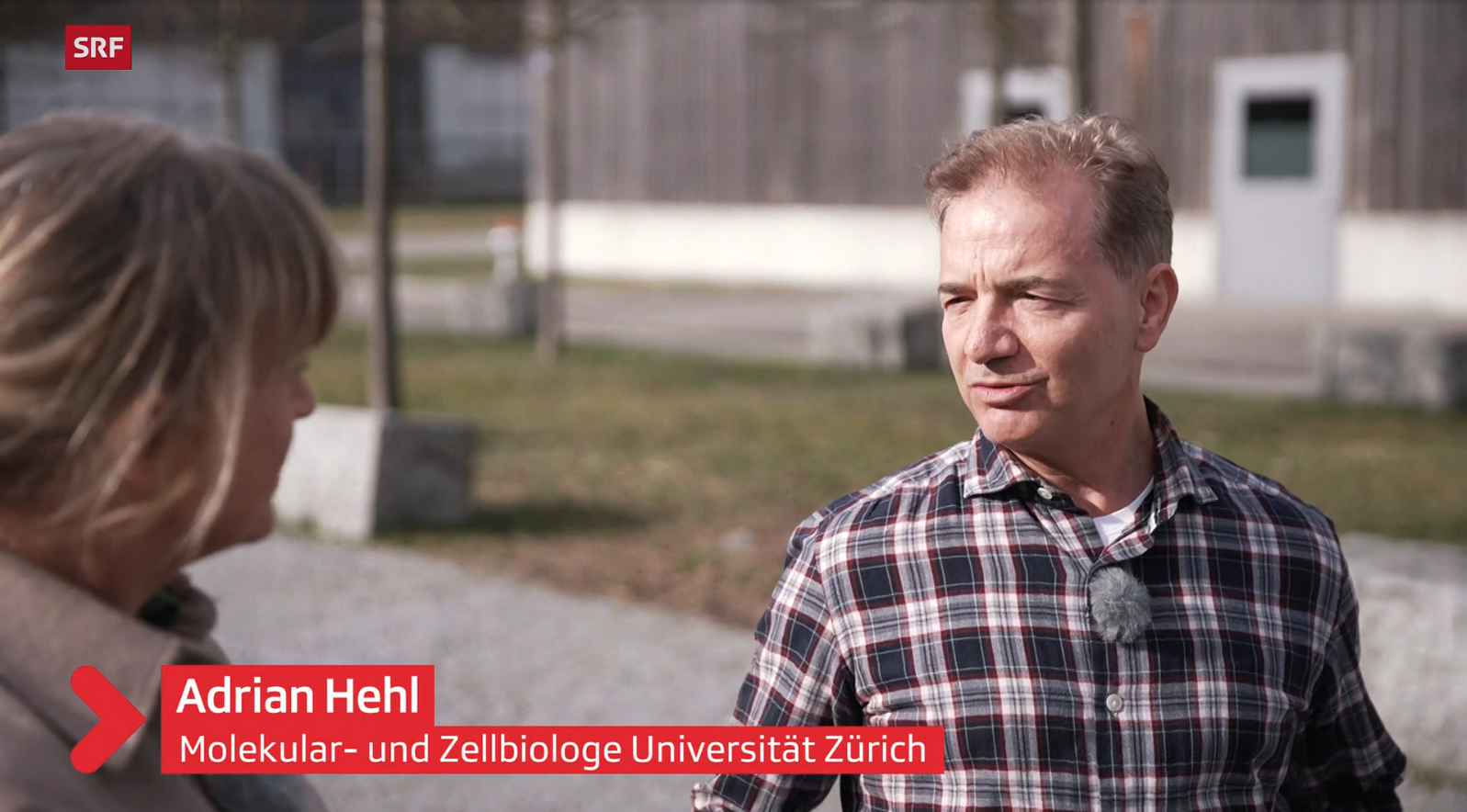
At the Nanobody Service Facility, a technology platform of the University of Zurich, scientists are using nine alpacas to produce nanoantibodies with very special properties. Thanks to their small size and strong binding capacity, they are a precision weapon in the fight against infectious and autoimmune diseases, in cancer therapy and in the diagnosis of Alzheimer's disease. The SRF program "Puls" visited the technology platform.
What would the world look like if all the world's glaciers melted? This is the question addressed by the SRF programme "10 vor 10" in the Thursday, 21.03.2024 edition. Dr Michael Zemp, UZH glaciologist and Director of the WGMS, makes it clear in the interview: including the polar ice caps, sea levels are expected to rise by 64.5 meters.
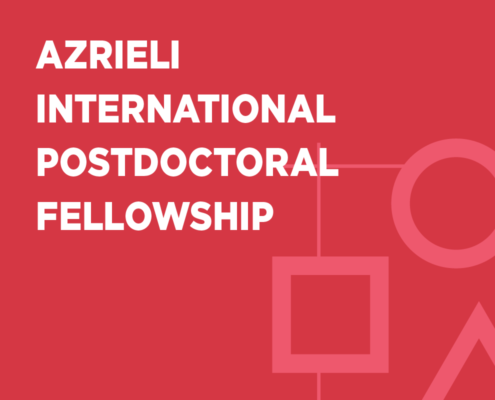
The Azrieli International Postdoctoral Fellowship enables postdocs from all over the world to spend a research stay at an Israeli university.
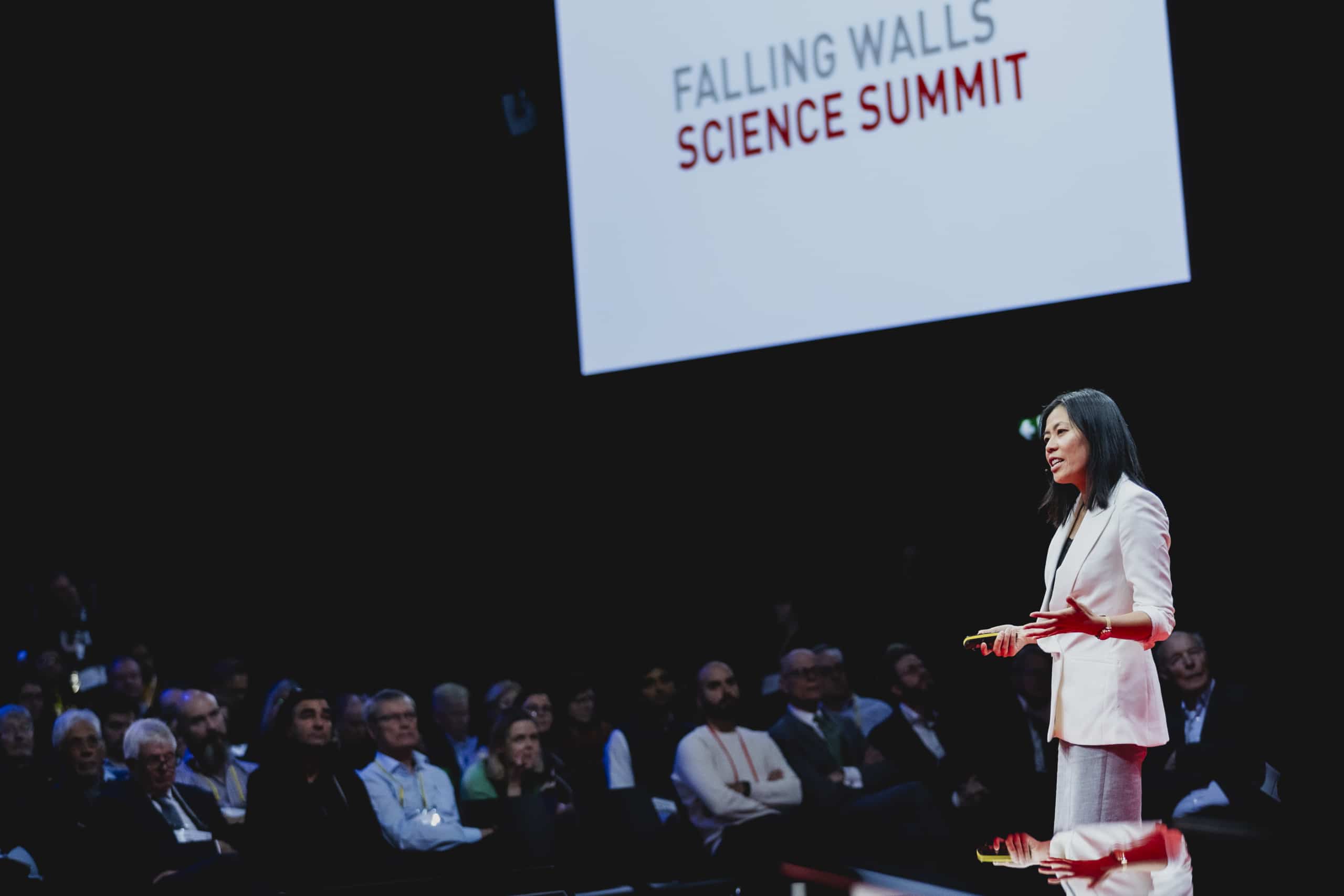
The Falling Walls Science Summit is one of the world's premier interdisciplinary events, celebrating Science Breakthroughs that make an impact.

The Grand Jet d'Or de Genève Award is a collaboration between the AXA Research Fund and the Geneva Health Forum. With a grant of €50,000, the award seeks to support innovative research projects focusing on understanding and mitigating the adverse effects of pollution on human health.
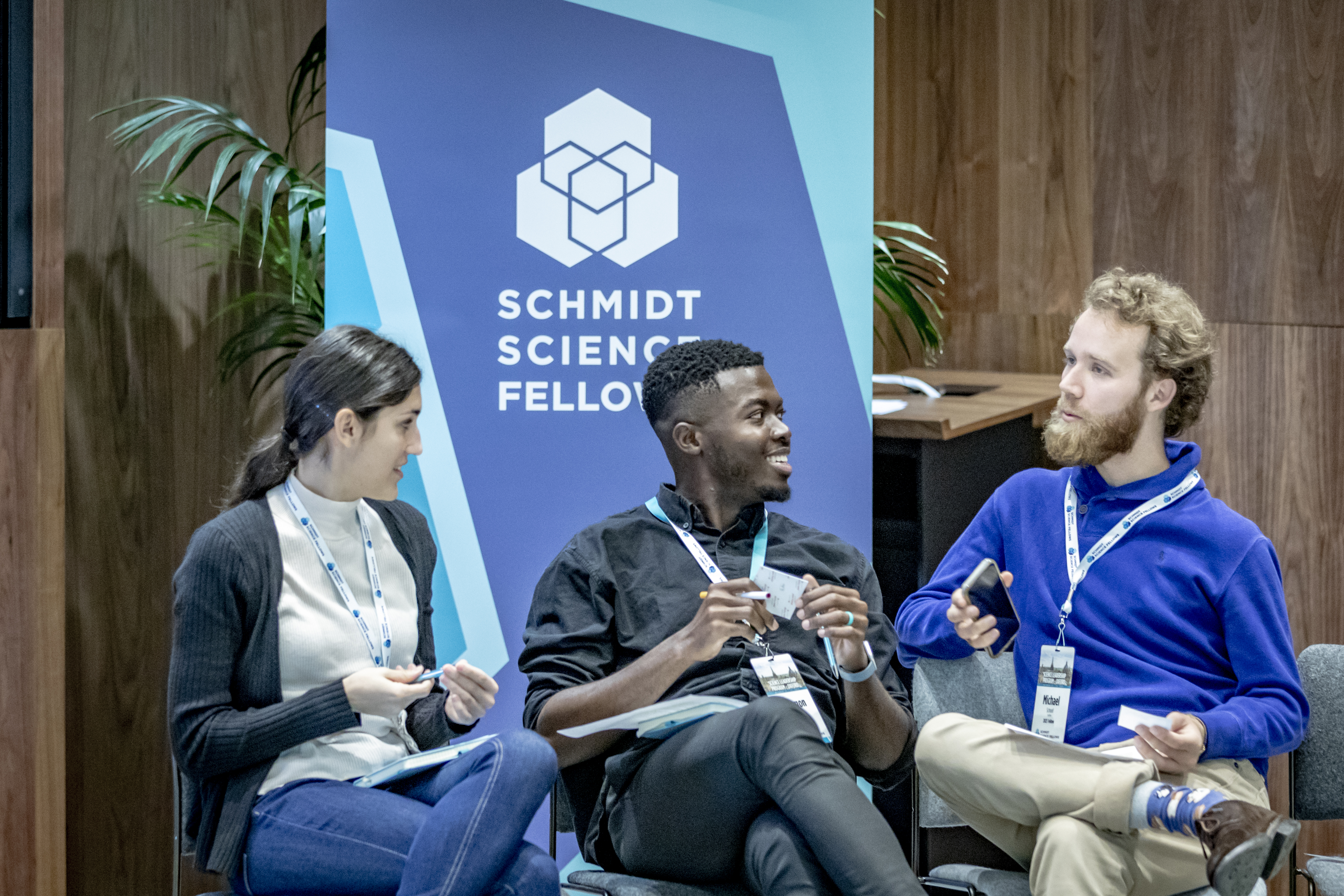
A Schmidt Science Fellowship grants you a personal stipend of US$ 110’000 per year for up to two years of postdoctoral study in a different area from your PhD, at any approved location worldwide. This call is for PhD researchers in natural sciences (Astronomy, Biology, Chemistry, Physics, and Earth Sciences), Engineering, Mathematics, and Computing.

Thursday, 13th June - Saturday, 15th June 2024, UZH City Campus

Within the TRANSFORM funding line, fast-start funding for long-term structural changes in the UZH research landscape can be applied for. Binding proof of sustainable co-financing/follow-up financing via the relevant faculties and/or long-term thirdparty funding is a requirement in each case.
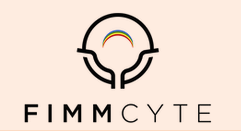
FimmCyte, founded in 2022 as a spin-off of UZH | USZ, announces a CHF 1 Million funding from the UZH Life Sciences Fund. FimmCyte's most advanced program is a non-hormonal disease-modifying treatment for endometriosis.
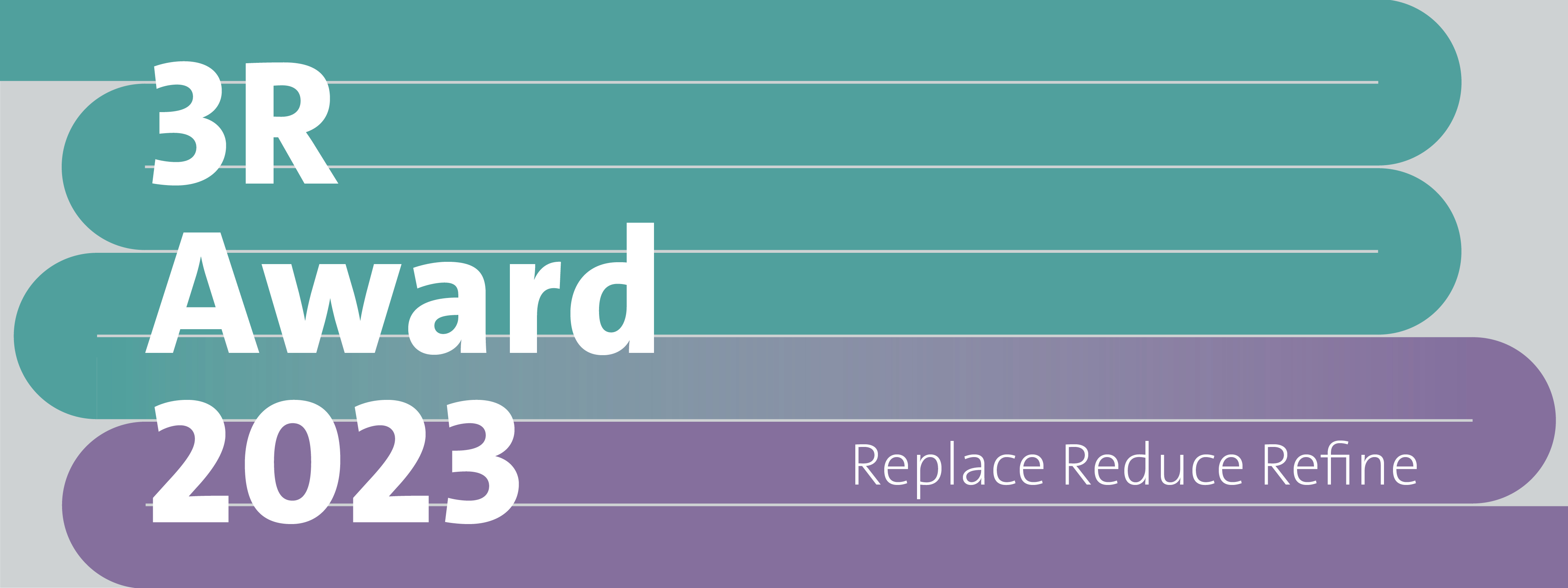
UZH is developing alternative methods to animal experiments in line with the 3Rs principle. To highlight outstanding achievements of its members in the field of 3Rs, the university has introduced the UZH 3R Award. Giuseppe Esposito is one of the 3R award winners 2023. In the video he explains how he could replace the use of animals in his microsurgical course.

UZH is pooling its research expertise in a variety of fields, including Eastern European studies and bioimage analysis. A new interdisciplinary institute for Eastern European studies and the recently established BioVisionCenter were made possible thanks to seed funding from the university’s TRANSFORM program.

UZH is developing alternative methods to animal experiments in line with the 3Rs principle. To highlight outstanding achievements of its members in the field of 3Rs, the university has introduced the UZH 3R Award. Melanie Generali is one of the 3R award winners. In the video she explains how stem cell research can reduce animal experiments.
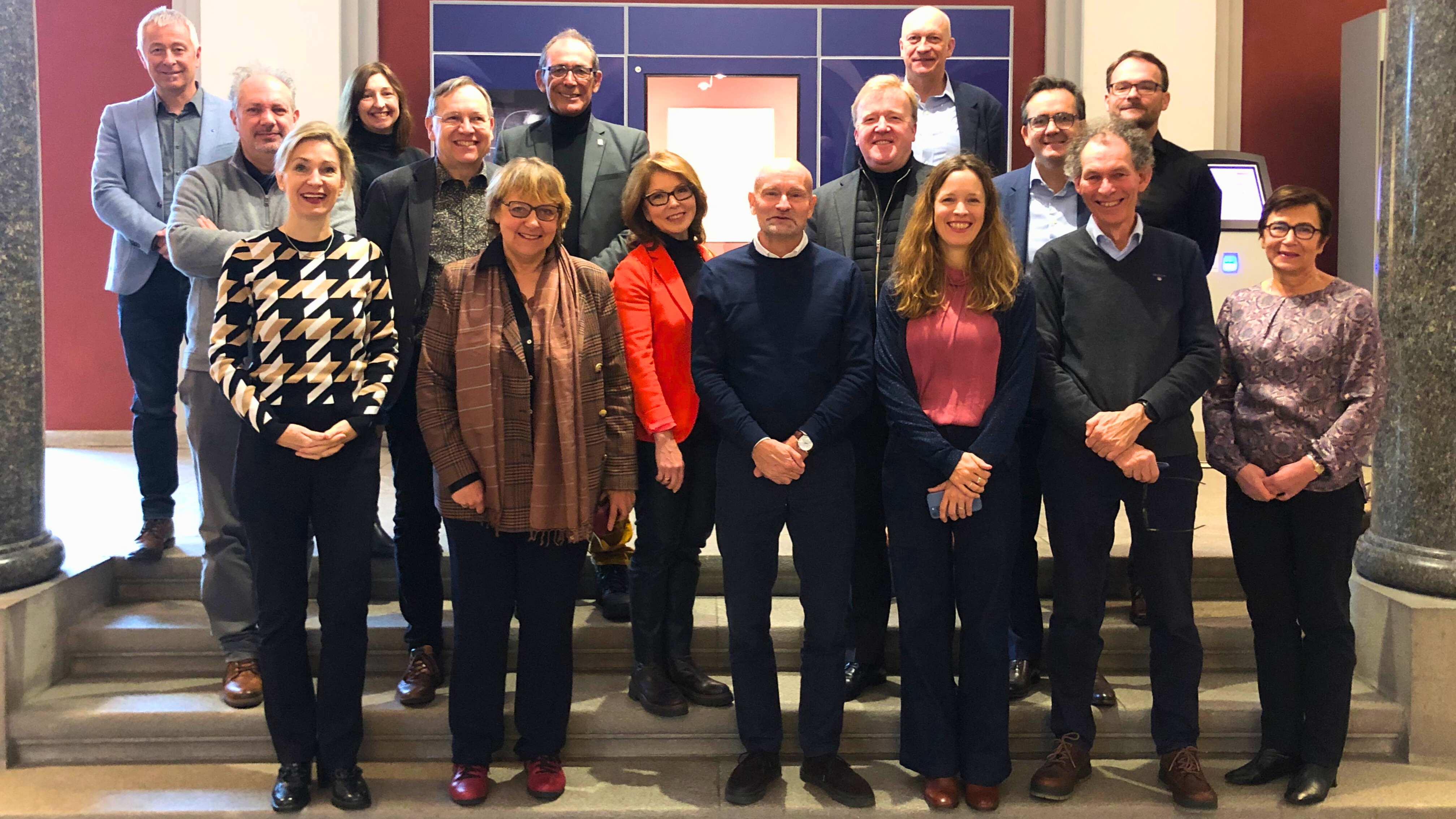
The League of European Research Universities (LERU) is an alliance of Europe's leading research universities. Its Research Policy Group focuses on research and innovation policy matters. In its recent meeting hosted by UZH, the group addressed the implications of participating in the “Coalition for Advancing Research Assessment” (CoARA), an initiative that was formed in 2022 to reform research evaluation.


The AXA Research Fund calls for proposals on 'Building Resilience against Systemic Cyber Risk'.

UZH has opened the call for the UZH Candoc/Postdoc Grants 2024.
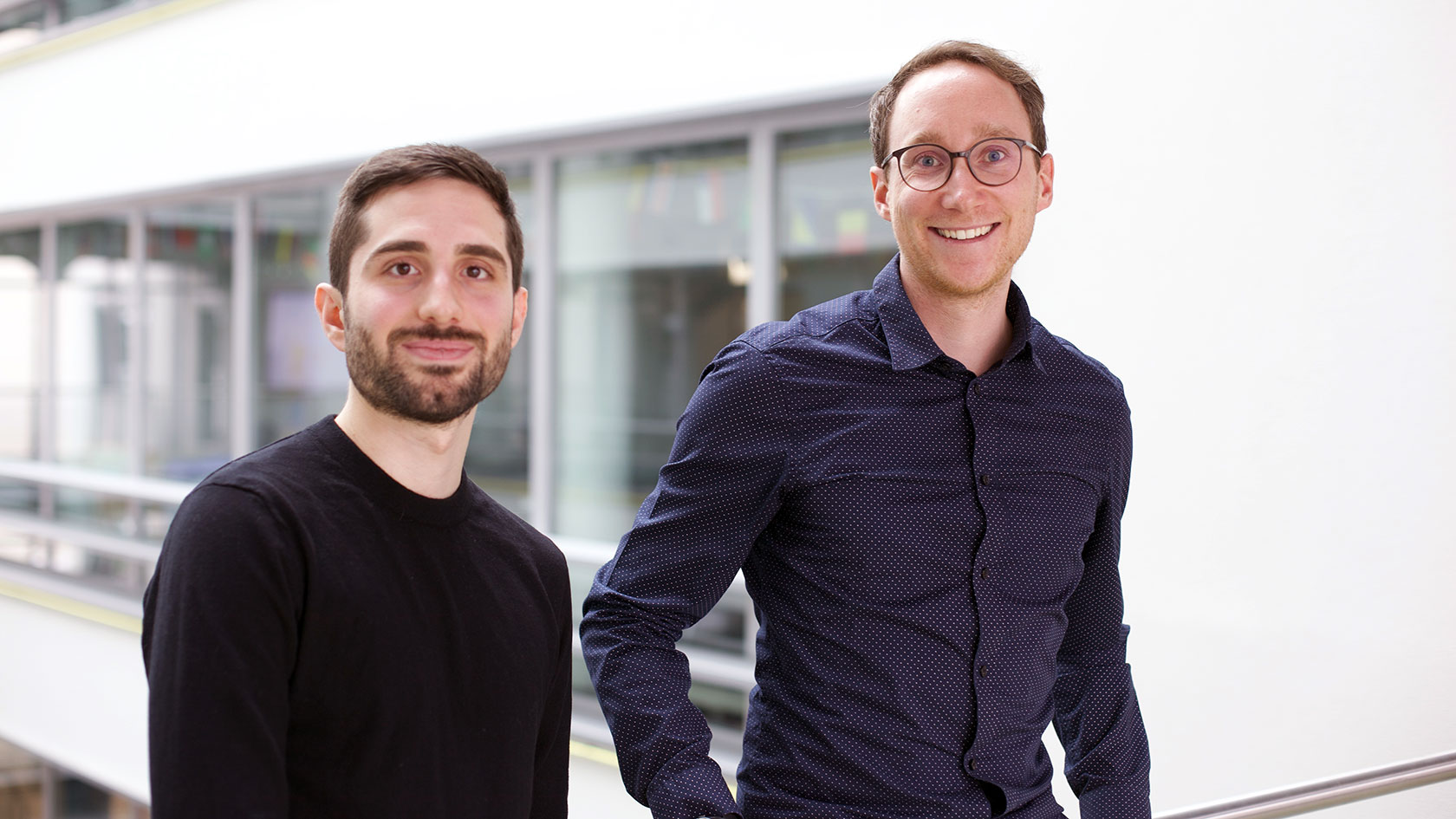
The UZH Postdoc Team Award recognises interdisciplinary postdoctoral teams for an outstanding and independent scientific achievement. This year the award goes to Dr. Dr. med. Carlo Cervia-Hasler and Dr. André N. Meyer-Baron. Congratulations!

The Swiss National Science Foundation (SNSF) is funding 6 interdisciplinary, collaborative projects at the University of Zurich in 2023, totaling over 10 million Swiss francs.

The Swiss National Science Foundation (SNSF) is funding ten projects at the University of Zurich with a Starting Grant 2023. The total amount of the grants awarded is over 15 million Swiss francs.
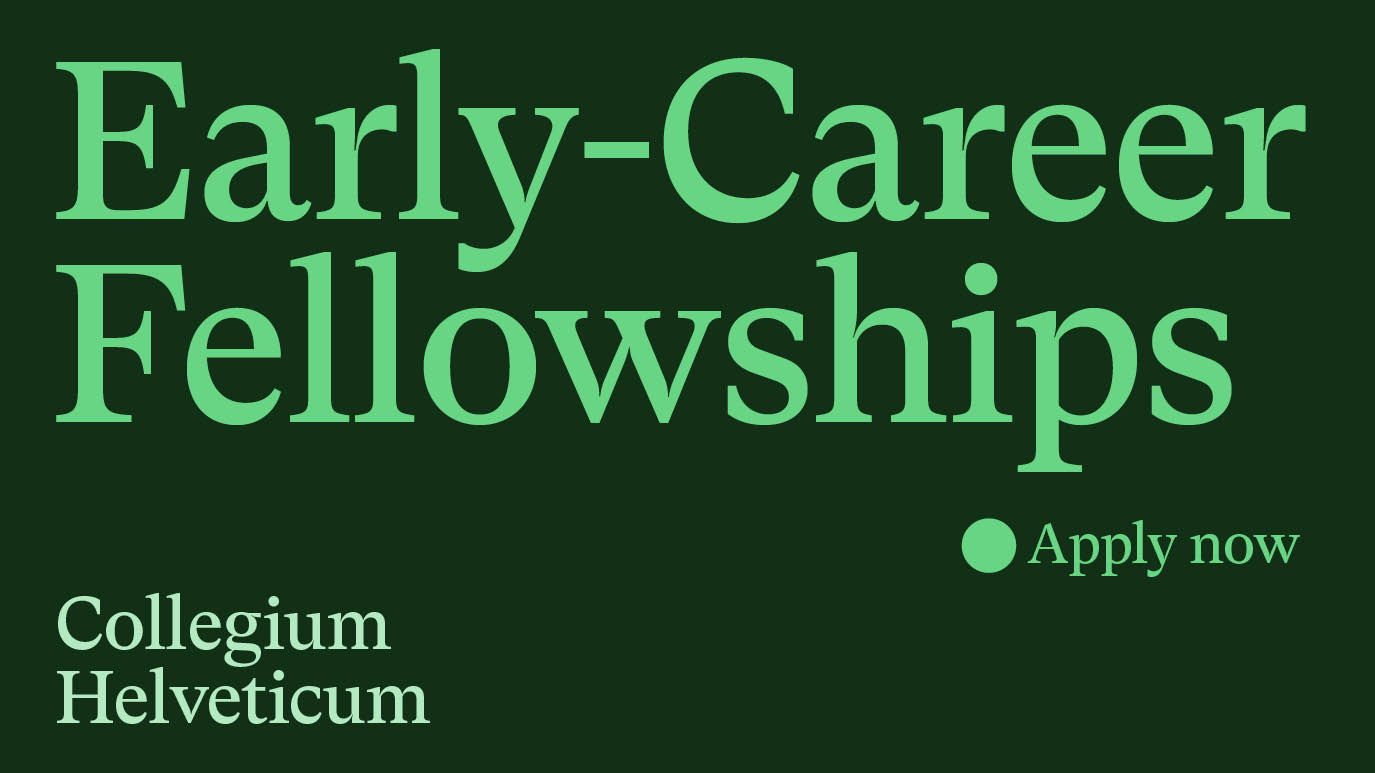
The program is designed to encourage research of ECR's that cuts across and transgresses disciplinary boundaries in unconventional ways.

The Swiss National Science Foundation has launched the SNSF Starting Grant call 2024.

The Swiss National Science Foundation has launched the SNSF Advanced Grants call for 2023.
The GSPI call for projects 2024, the Impact Collaboration Programme, is now open for submissions

The 2nd structure call of the DIZH innovation program is open

Thursday, 30th November 2023, 1:00-2.00 pm GMT / 2.00-3.00 pm CET / 3.00- 4.00 pm EET, online

Parabolic flights are one of the most important pillars for research, development, and applications in space. Oliver Ullrich, UZH Space Hub director and president of the Swiss Skylab Foundation, developed the world’s first non-governmental parabolic flight program using Novespace’s Airbus A310 ZERO-G.
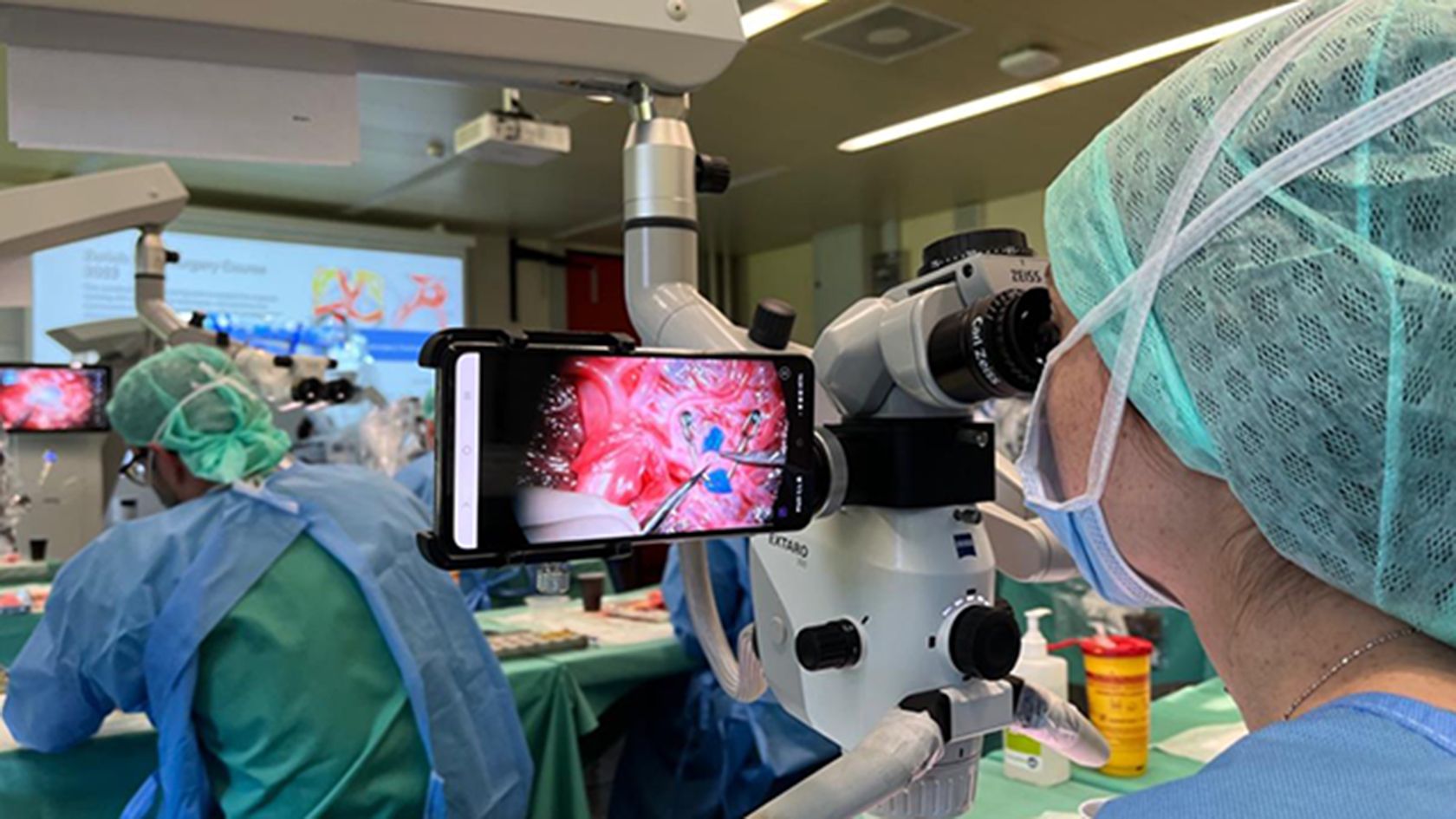
The UZH 3R Award is intended to highlight the efforts and successes of UZH staff in the field of 3Rs, both within and outside UZH, and thus promote the 3R principles at UZH. This year, the prize is awarded for the first time, and goes to two projects.

The next SNIS Call for projects will launch on October 17th, 2023
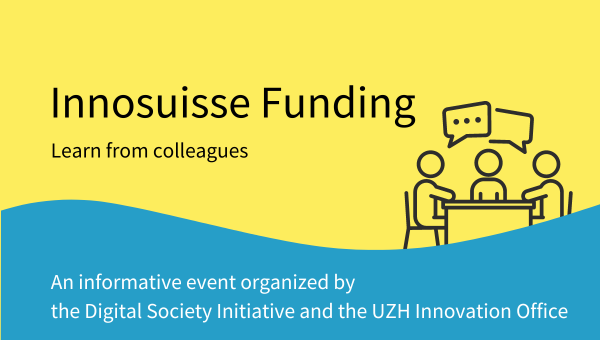
Wednesday, 8th November 2023, 16:00 Uhr - 17:30, Zentrum Campus, Digital Society Initiative
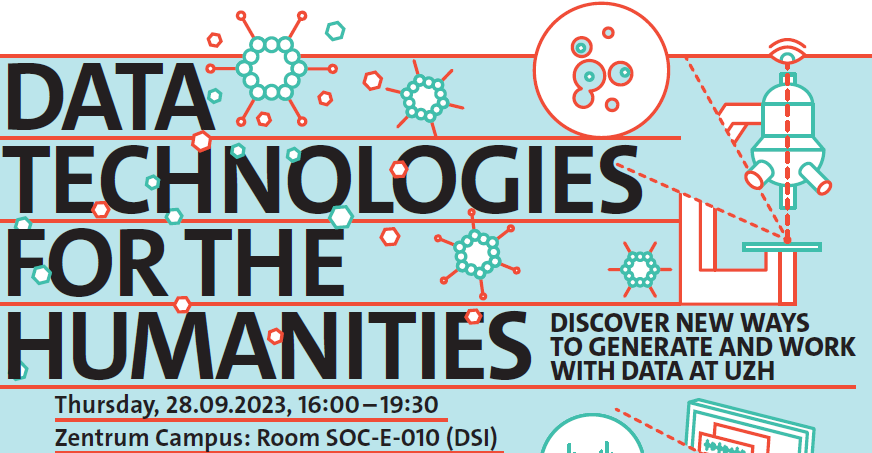
Thursday, 28th September 2023, 16:00 Uhr - 19:30, Zentrum Campus, Room SOC-E-010 (DSI)
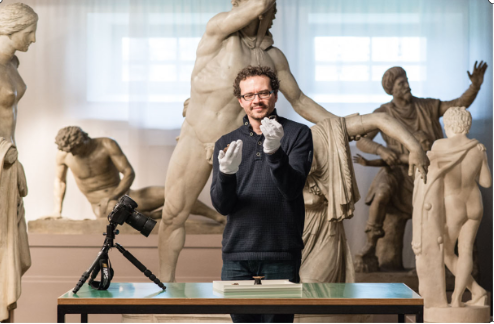
In 2014, the University of Zurich launched an initiative to reorganize its material academic legacy. Hitherto dispersed museums and collections were integrated into a structure of communication and mutual support and are now heading towards a modern, broadly accessible research infrastructure.

What connects descendants of former sea nomads in southern Chile with our city? Exhibition and Encounter the Ethnographic Museum 18–30 July 2023 and 29 August–3 September 2023.
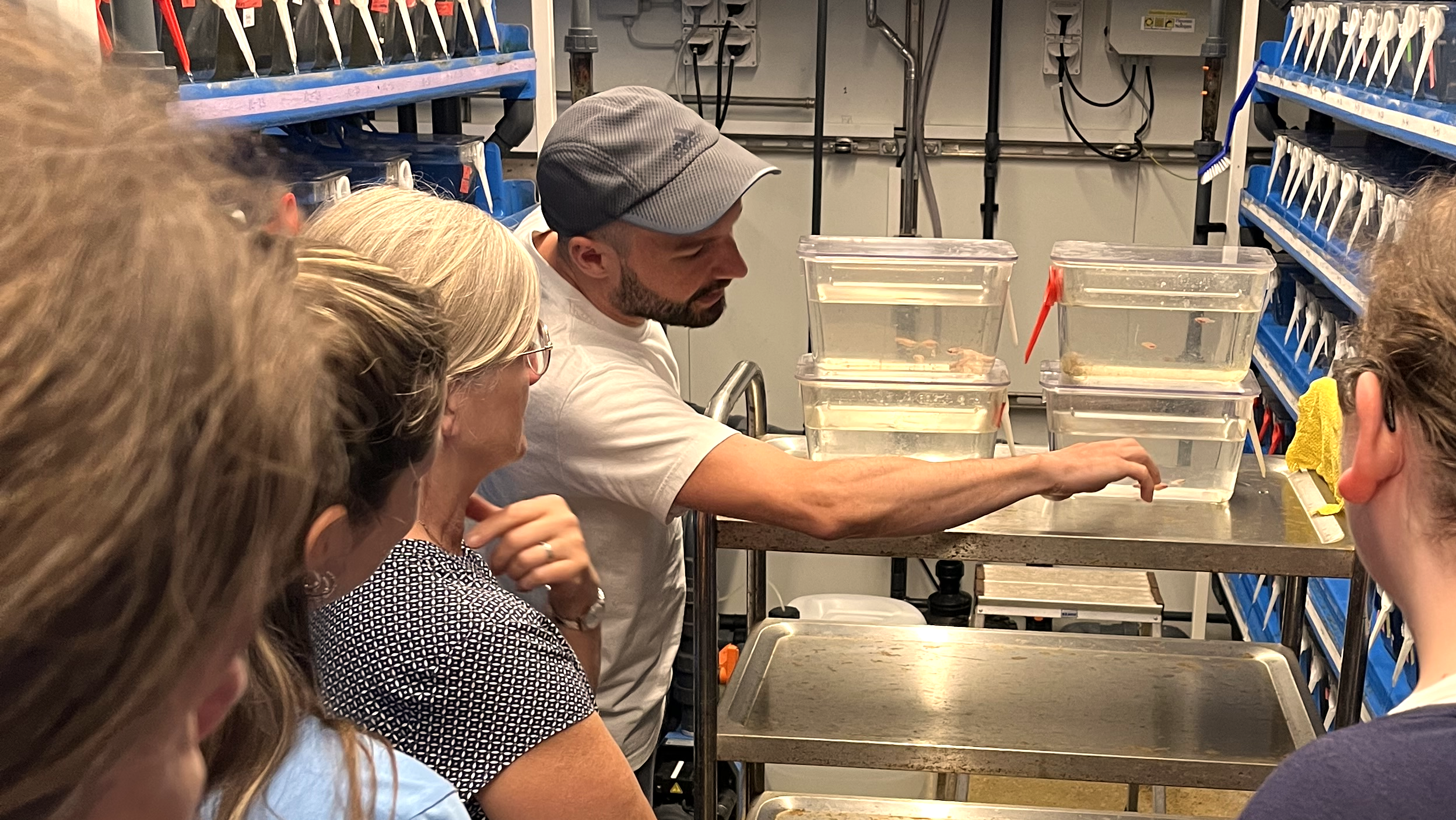
Time and again, the media report on the successes of biomedical research at the University of Zurich. Many of these successes are based on animal experiments, which is why it is important to UZH to communicate transparently about the topic of animal experiments and to engage in discourse with the public. Thus, UZH is one of the founding members and currently the lead institution of STAAR (Swiss Transparency Agreement on Animal Research).
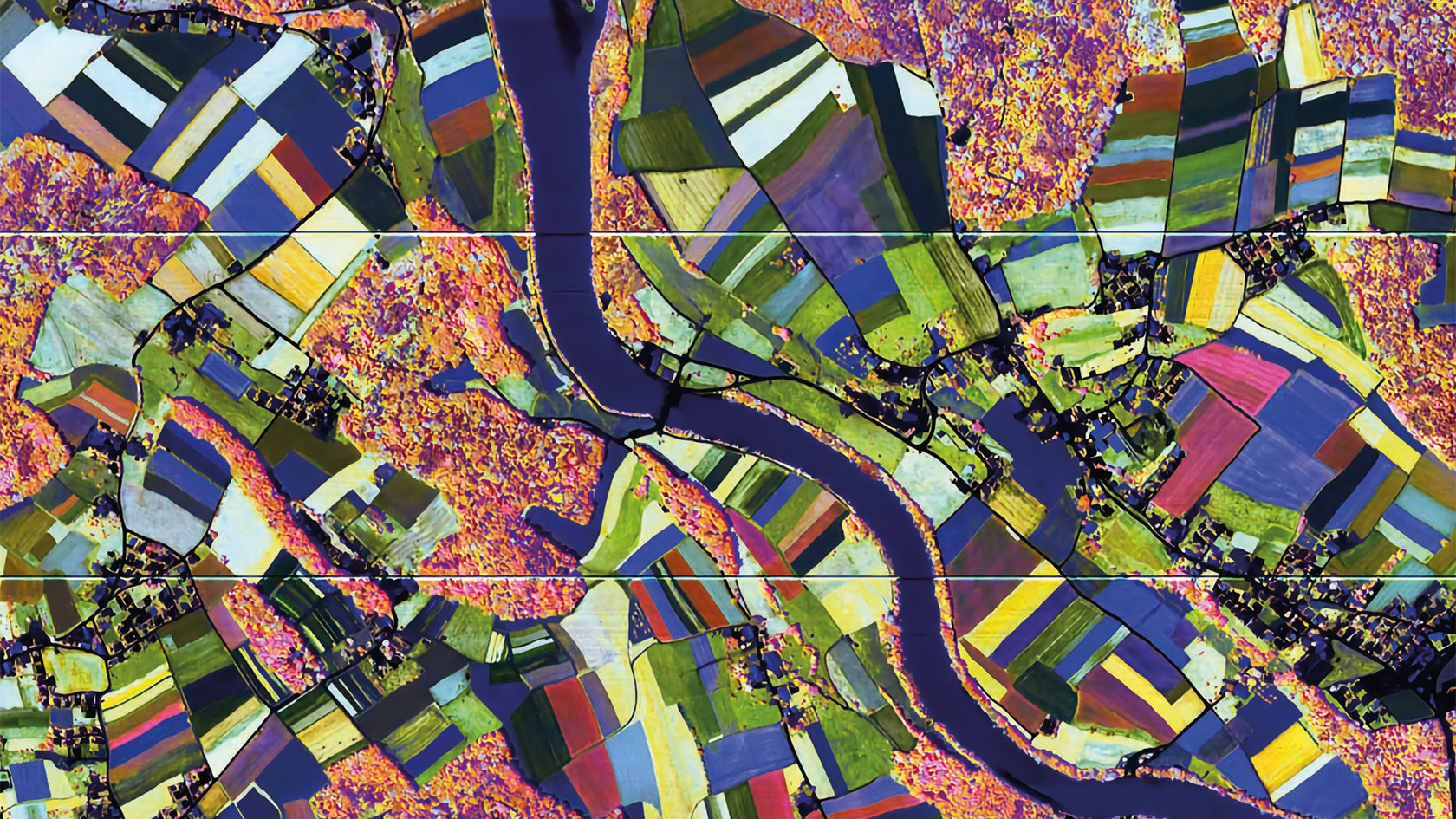
The University of Zurich achieved excellent results in the Swiss government’s 2023 Swiss Roadmap for Research Infrastructures, acting as the sponsoring institution for 5 out of 14 large-scale priority projects. The results confirm UZH’s standing as a driver of innovation.

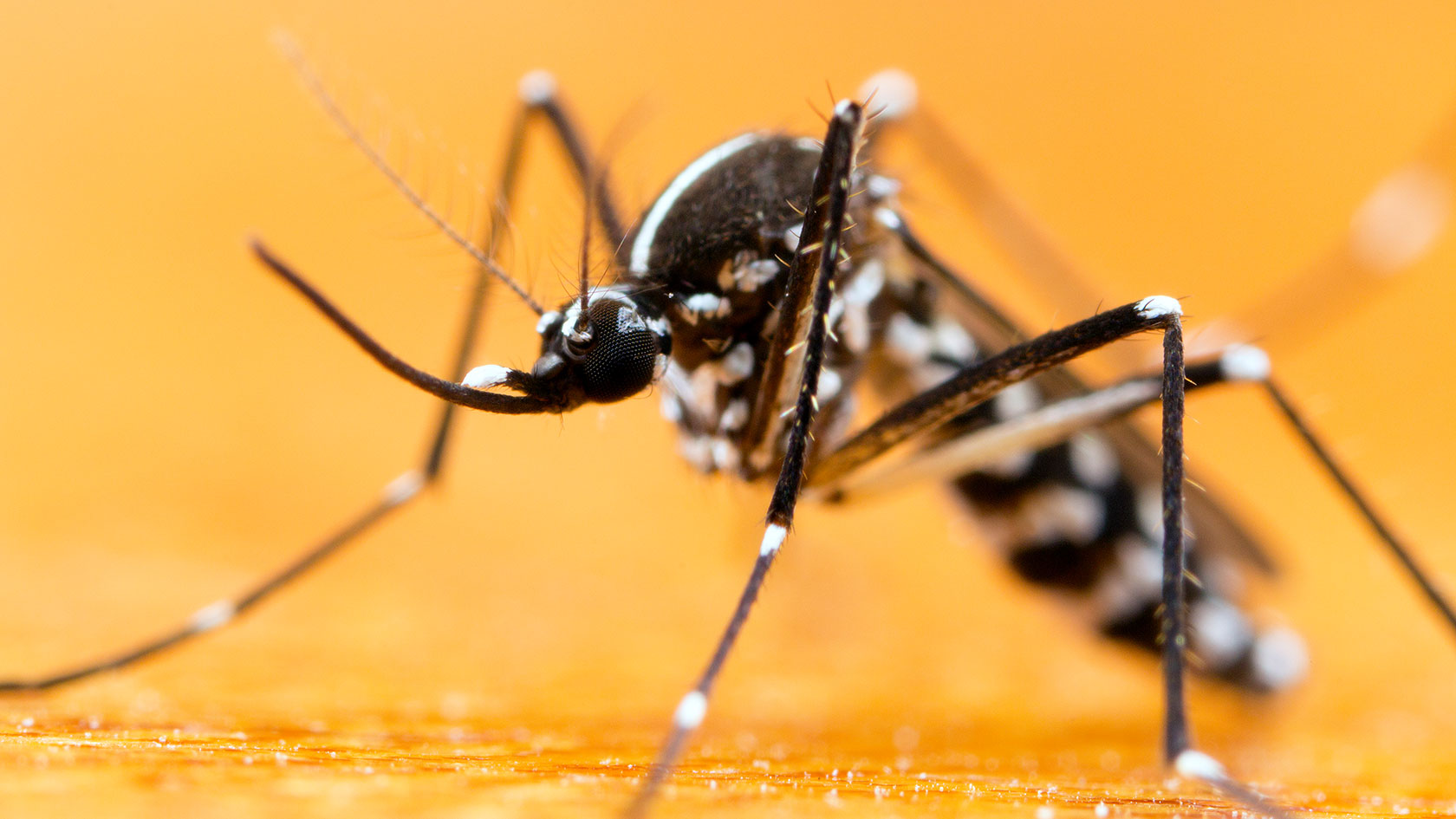
Researchers from veterinary medicine, human medicine and the natural sciences have joined forces to establish Europe’s first university-based One Health Institute at UZH. Together, they want to explore the links between human, animal and environmental health.
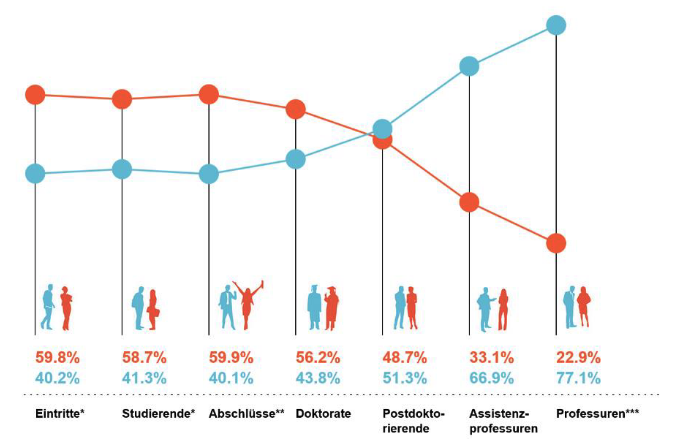
Thursday, 15th June, 18:30 – 20:00, UZH City Campus, Room KOH-B-10

Monday, 12th June 2023, 13:30 - 16:30, UZH City Campus, Room KOL-H-317

There is much discussion about the equality of career opportunities for women and men. A recent study provides surprising results on the phenomenon of leaky pipelines in science.

On 28 February 2023, the League of European Research Universities (LERU) will present its new advice paper, entitled “LERU’s view on holistic doctoral supervision”.